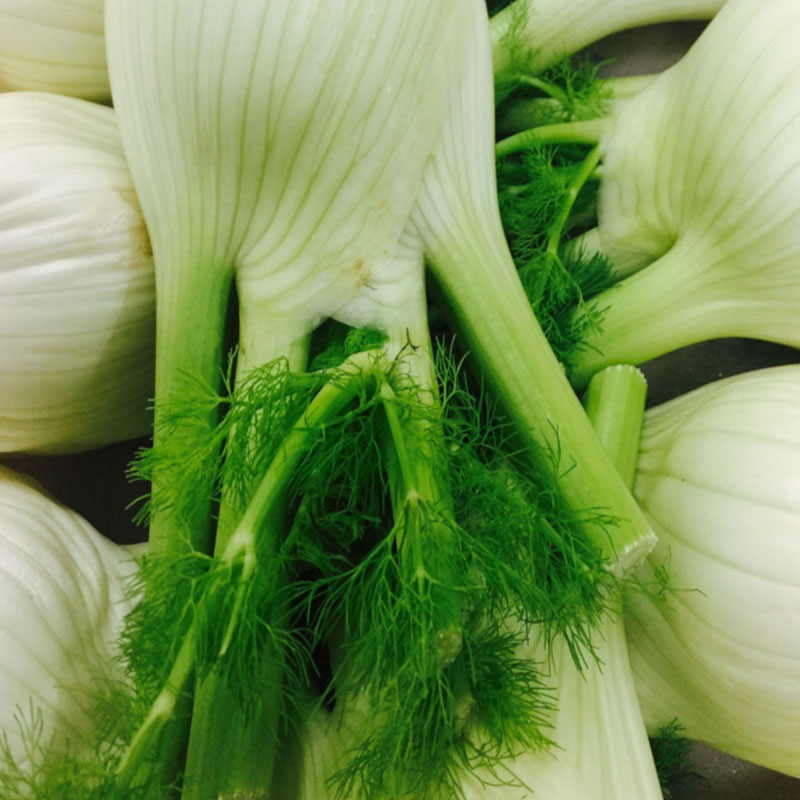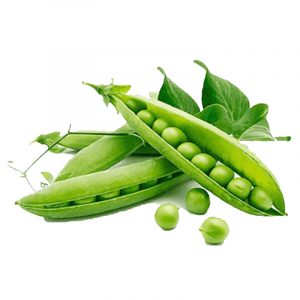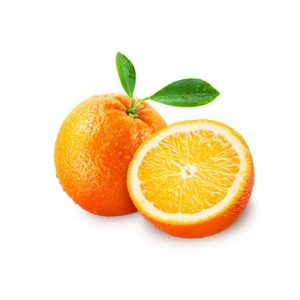Description
Fennel is a popular vegetable in Tunisia. It is used in a variety of dishes, such as salads, soups and stews. Tunisian fennel has a slightly sweet taste and an anise flavor. It is usually grown during the winter months.
Tunisian fennel is a good source of vitamins and minerals, including:
- Vitamin C: Vitamin C is an antioxidant that helps protect cells from damage.
- Vitamin A: Vitamin A is important for eye and skin health.
- Potassium: Potassium is a mineral that helps regulate blood pressure.
- Fiber: Fiber helps maintain digestive health.
Tunisian fennel also has a number of health benefits, including:
- Improved digestion: Fennel can help relieve bloating, gas, and constipation.
- Reduced Cancer Risk: Fennel contains antioxidants that may help protect against cancer.
- Improved heart health: Fennel may help reduce cholesterol and blood pressure.
- Strengthening the immune system: The vitamin C in fennel helps strengthen the immune system.
- Tunisian fennel can be eaten raw, cooked or marinated.
Here are some recipes using Tunisian fennel:
- Tunisian fennel salad
- Tunisian fennel braised with olive oil and lemon
- Tunisian fennel soup
- Roasted Tunisian fennel with thyme
- Tunisian fennel with chermoula
Tunisian fennel is a healthy and delicious vegetable that can be added to a variety of dishes.




Reviews
There are no reviews yet.